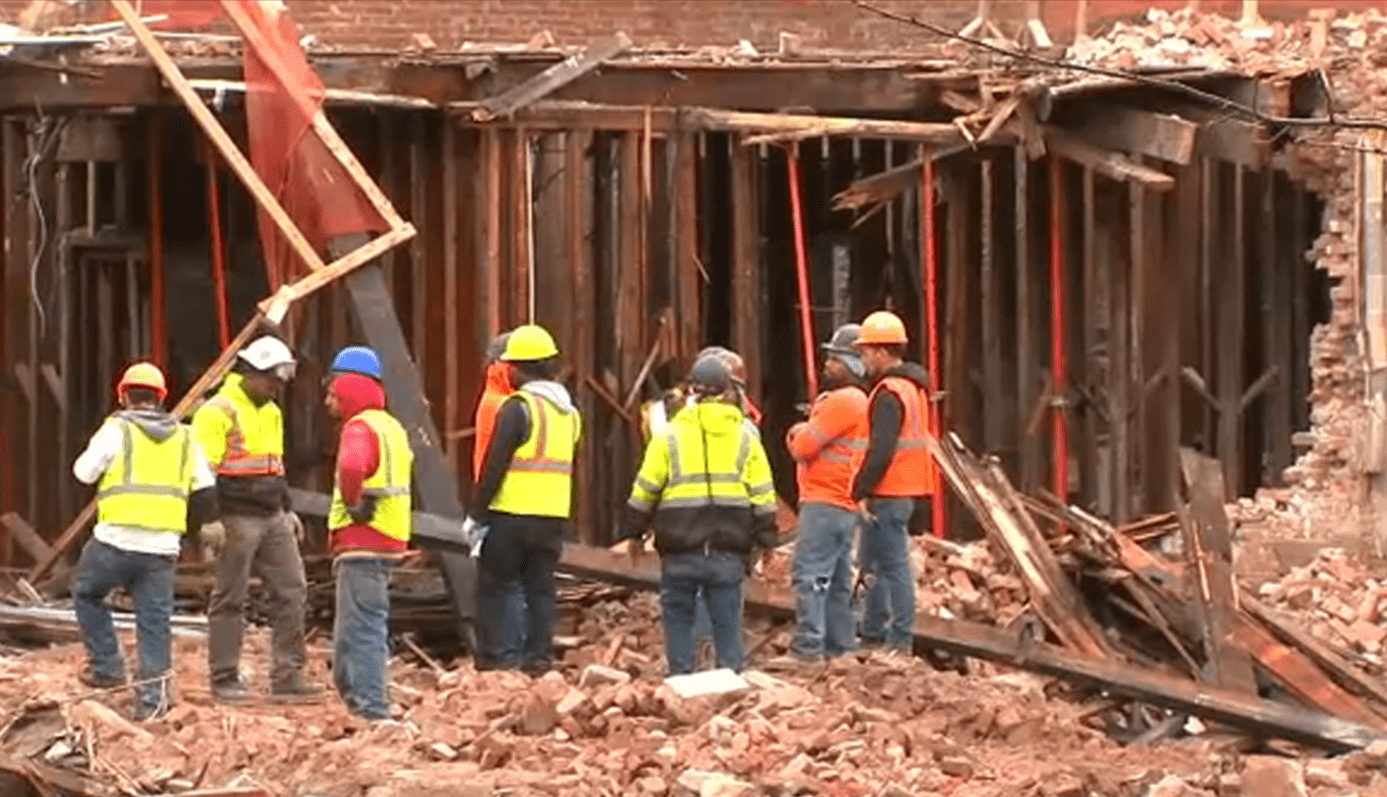Construction accidents can be overwhelming. They often come with physical pain, financial strain, and emotional stress. In New York City, navigating the aftermath requires a clear and focused approach. First, seek medical attention immediately. Your health is the priority, and proper documentation is crucial. Second, report the accident to your employer. This step ensures that your situation is officially recognized and logged. Third, gather evidence. Take photos of the scene, note witness details, and keep records of medical visits. These actions will support your case if disputes arise. It’s also essential to seek legal advice. Understanding your rights and options can make a significant difference in your recovery process. While these steps may seem daunting, they are necessary. Knowing what to do can empower you. It can help you regain control in a challenging situation. Take one step at a time, with confidence and care.
Understanding the Legal Framework
New York City has specific laws that protect construction workers. These laws are designed to ensure safety and accountability. Familiarizing yourself with these laws can be beneficial. Labor Law 240, often called the “Scaffold Law,” is one example. It protects workers from height-related risks. This law holds employers and property owners responsible for providing proper safety equipment. Another important regulation is Labor Law 241. It mandates safety measures on construction sites. Knowing these laws helps you understand the rights afforded to you. For more detailed information on state laws, visit the New York State Unified Court System.
The Importance of Medical Records
Medical documentation is not just about treatment. It serves as evidence of your injuries. Accurate records can directly impact any claims you make. Ensure all injuries are documented, no matter how minor they seem. Follow all medical advice and keep all follow-up appointments. These records can provide a timeline of your recovery. They can show how the injury affects your ability to work and live. Consistent and thorough documentation is key to a strong case.
Dealing with Insurance Companies
Insurance companies may contact you after an accident. They might offer a quick settlement. While this may seem appealing, it is often lower than what you deserve. Be cautious in your communications. Keep detailed notes of all interactions. Do not rush into signing any agreements. It is wise to have a legal professional review any offers. This ensures your rights and interests are protected. Remember, insurance companies aim to minimize payouts. Stay informed and cautious.
Worker’s Compensation and Other Benefits
Worker’s compensation is a form of insurance. It provides wage replacement and medical benefits. This is for employees injured on the job. It is essential to file a claim promptly. Delays can complicate your case. Additionally, you might be eligible for other benefits. Social Security Disability Insurance could be an option if the injury is severe. Understanding these benefits can help ease financial burdens. Here’s a quick comparison of some potential benefits:
| Benefit Type | Coverage | Eligibility Criteria |
| Worker’s Compensation | Medical expenses, wage replacement | Injury must occur at work |
| Social Security Disability Insurance | Income support | Severe, long-term disability |
| Personal Injury Claim | Broader compensation | Proven negligence of another party |
Finding the Right Legal Help
Choosing the right legal representation is crucial. Look for attorneys with experience in construction accidents. They should understand New York’s specific laws. A good lawyer will guide you through the legal process. They will help gather evidence, negotiate with insurers, and represent you in court if necessary. Legal professionals can provide peace of mind. They ensure your case is handled with expertise and care.
Conclusion: Taking Charge of Your Recovery
An injury in a construction accident can disrupt your life. But with the right steps, you can navigate the challenges ahead. Prioritize your health, understand your rights, and seek professional guidance. From medical records to legal advice, every step matters. Empower yourself with knowledge and take control of your recovery journey. Remember, you are not alone. Resources and support are available to help you through this difficult time.









